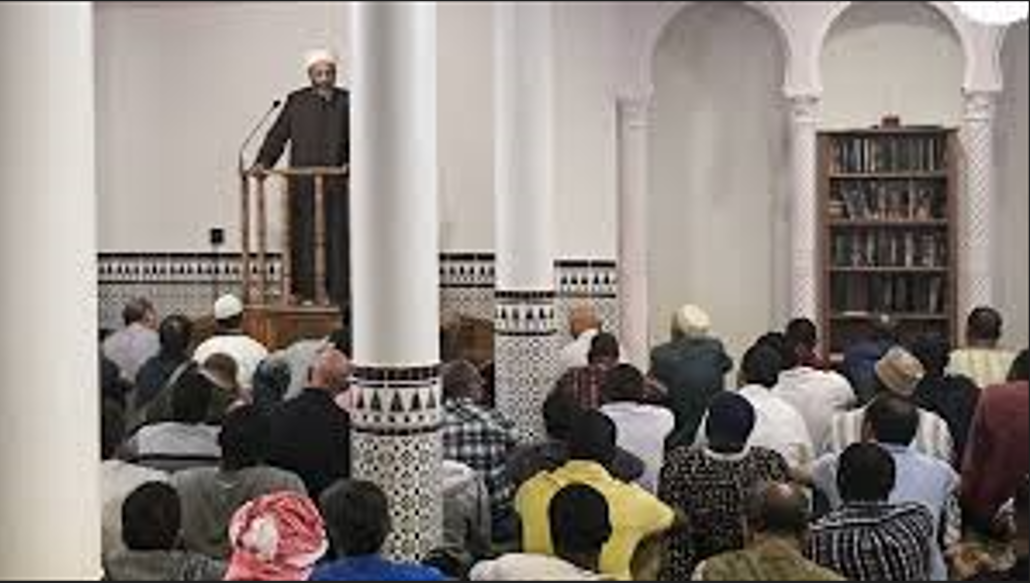Khutbah, or the Friday sermon, is one of the most sacred rituals in Islam. Khutbah is primarily a reflection and spiritual guidance time for community unity. Traditionally, the khutbah is supposed to remind the congregation about their duties towards Allah as a means of moral direction and instill piety. However, as time has passed, some feel that the sermons on Friday have lost their essence; they view it as more of a socializing occasion than a sermon to reflect on faith and spiritual life. This has led to discussions and debates over the course that the Friday sermon now takes and what is happening to the spirit within the Muslim community.
Reasons behind the Friday Sermon
Khutbah should not forget to remind the Muslim community of their responsibilities towards Allah, the Prophet (PBUH), and fellow human beings. Ideally, it should also remind of lessons reflected in Quranic teaching, teachings of the Prophet, and lessons transcending time to reflect personal growth, humility, and adherence to faith. It also opens the doorway to awareness of contemporary issues, allowing members to be challenged to reflect upon how the thoughts of Islam touch life in the present.
Friday sermons have also become more event-driven, with events focused more on social issues and community activities and less on providing the potential for a spiritual encounter with Allah in most places. When sermons become ruled by local or political issues, sometimes the whole purpose is lost as it tries to be entertained more than nourished by spirits. Sometimes, the sermon becomes shorter to serve more time for socializing after the prayer, so it feels more like a community gathering than a time of sacred worship.
This factor traces its roots to several factors. One central aspect is that this growing desire to attract large congregations makes some mosque leaders change their approach to the sermon. The focus on making the khutbah appealing to a broader audience at the cost of depth has become a trend. Perhaps specific issues are emphasized, which can easily be digested for the audience to understand, but lead to superficialism rather than depth in Islamic teachings.
In addition, the progress of technology and social media promoted an environment where people are easily distracted during religious sessions. Some of the attendees in the session Texted, chatted, or posted on social media instead of paying attention to the sermon. This brought about a trend where khutbah is not taken as seriously as a religious service but rather part of the Friday routine schedule.
Effects on Spirituality
If the focus is not maintained, the intent of the khutbah can be exposed beyond deep spiritual reflection. Such is the purpose for which the Friday gathering comes into being. The sermon essentially helps Muslims connect with their faith once again and reminds them of their existence in life. As much as a sermon becomes entertainment or a place for social interaction, it dilutes the spiritual nutrition for the believer. The actual message of the sermon gets lost in the happenings outside, leading to a separation and weakening bond with faith.
Furthermore, the stress of making the sermons time-worthy also deprives people of the time they might need to think about Islam’s teachings. Contemplative reflection is always in short supply, as time is always short for character growth.
Returning to the Core Purpose of the Khutbah
To allow sermons to regain their raison d’être, there must be a renewed emphasis on Islam’s core spiritual and moral lessons. That may come in the form of orations that would take time so that these things pertinent to spiritual communication can be reflected in silence. At the same time, mosque administrators must promote an environment of respect and concentration during the khutbah, whereby community members take time to consider the message they are supposed to hear.
Ultimately, Friday’s sermon should be a time of reflection on the spiritual. At this moment, one renews his faith because it is where the Muslim community can unite in worship and consensus. Only by returning to this end will the true worth of the khutbah be preserved and felt by all.
For more reporting like this, please follow Newsdecensored on your favorite social media sites and bookmark the website. Thank you for your interest and support.















